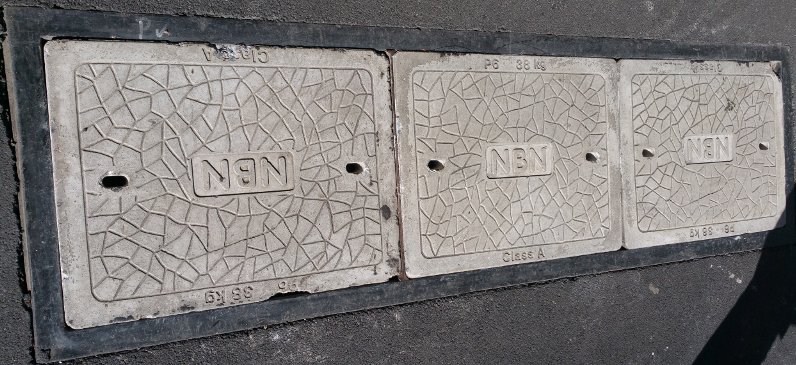
What state broadband in 2018?
This week the International telecommunications Union released the
State of Broadband 2018 report as part of its annual series on the state of the world's broadband. Of course we had the usual doom and gloom over Australia's ranking, but is it so bad that we are at 25 in the list of OECD broadband subscriptions per 100 inhabitants?
Let's look at who is coming in the top ten: the small European countries. Small countries like Monacco, Switzerland and Andorra (the top three) and indeed most of the top 10 are European countries with the benefit of high density living and strong economies.
Where the difference starts to show is in mobile subscriptions, where our high performance mobile networks and strong competition has brought us in at number eight. The reasons for this have to be in the comparative costs and competition models we have lived with here in Australia: our entry into cost-effective retail broadband was late, thanks to our relatively late introduction of DSL and HFC. By comparison, home broadband has been higher cost than in Europe, and when coupled with the attraction (but also the cost) of having your own personal mobile phone, we've landed where we are. Strong marketing campaigns have also added to the attraction that means mobile phones have in many cases displaced home broadband connections.
Clearly, however, we aren't going without.
With NBN's wholesale charging now lower than for much of this survey, and the roll out getting closer to its completion, it remains to be seen whether our fixed line subscription ranking will lift once the dust settles. NBN Co has had a lot of bad publicity and let's face it, it is a significant structural change to the way broadband works in this country. Another factor that will probably complicate things is that competition for 5G customers will likely take off in a couple of years.
So here's my prediction: the NBN will become less of a political issue and as cut overs become more routine, it will become normal and unremarkable for most households by 2021.
